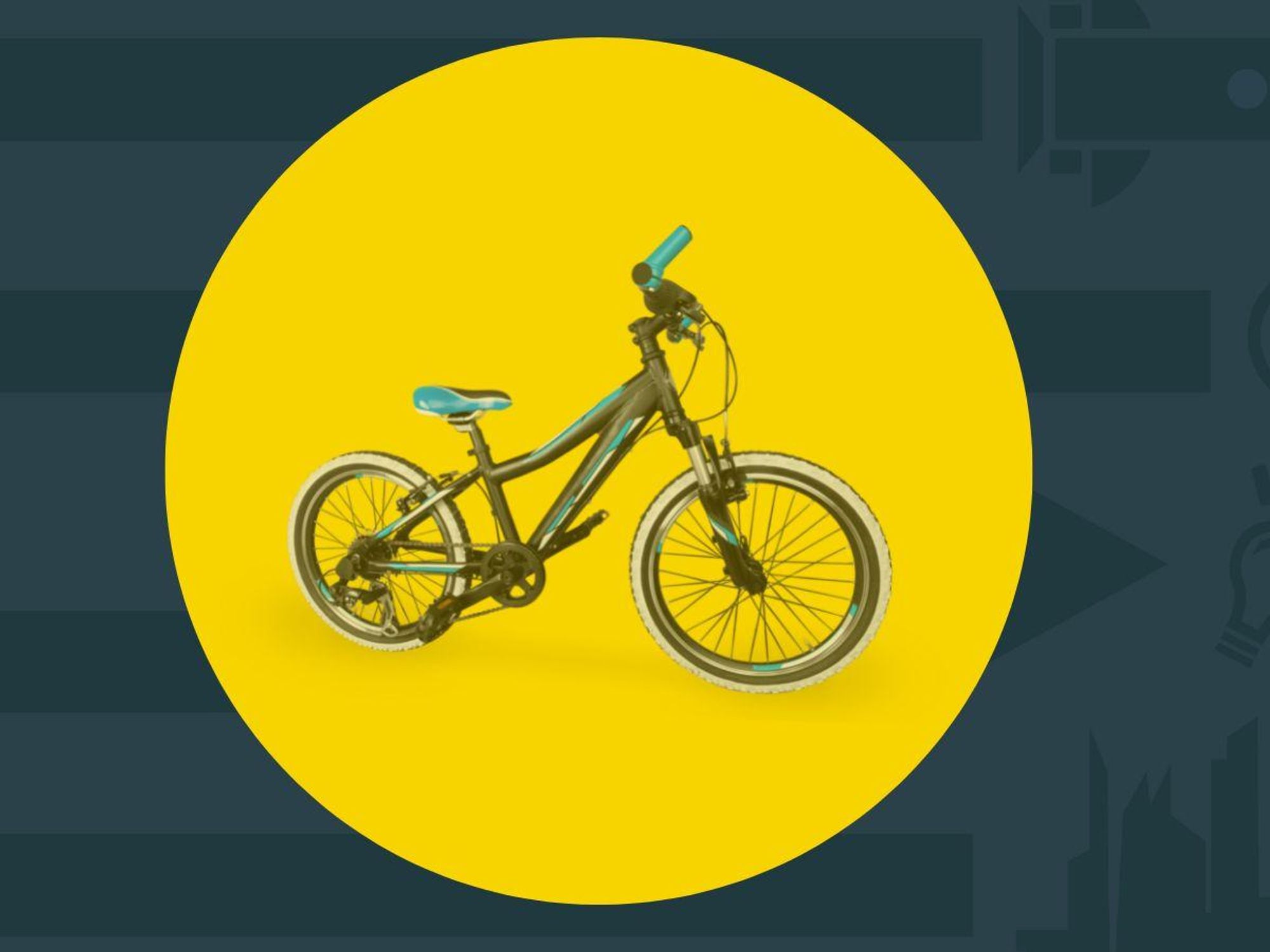Prediction: Cities Have Learned a Lot From COVID. In 2023, More Will Tailor Their Infrastructure Toward Micromobility

Over the last two years, the COVID crisis had an unexpected effect in urban centers all over the world: drivers lost space, in the form of car parking and lanes, while riders of bikes, scooters and other forms of micromobility vehicles gained space in the form of bike lanes. At the same time, cities began to realize electric cars are not the solution.
In 2023, policymakers will double down on what they’ve seen work: infrastructure that makes travel cheaper, safer and easier — and micromobility options that make better use of cities’ limited space.
Motivated by the sudden need for social distancing, city leaders took unprecedented steps during the pandemic. They transformed thousands of miles of street space into protected zones for small electric vehicles, traditional bikes and pedestrians. Projects that ordinarily would have taken years were carried out in weeks or months.
Los Angeles closed more than 50 miles of streets across 30 neighborhoods for recreation. San Francisco banned cars from Golden Gate Park. Across the Bay, Oakland blocked traffic from 21 miles of streets. Mexico City created a 7-mile cycleway out of plastic waste that also serves as a water storage and drainage facility. Meanwhile, Paris, London, Lisbon and Brussels each created over 20 miles of bike and walking lanes.
The initial flurry of new bike lanes might have been a fleeting, temporary response to an existential crisis. Instead, many cities chose to make permanent and expand their new micromobility infrastructure after lockdowns had passed. These projects proved popular. Research shows that in cities where new infrastructure was added, two-wheeler activity increased 48% compared to cities that did not add new infrastructure.
That’s because in the last year another realization has dawned on policymakers: Electric cars are not a solution to the problems of urban conveyance, safety, sustainability and congestion. This attitude was recently summed up by Transportation Secretary Pete Buttigieg: “An ideal future is one where cars are serving people in cities rather than the other way around.”
The promises of electric cars—as well as ridehail, smart cars and self-driving—have all been extending farther and farther out into the future. They are not delivering cost or congestion or emissions reductions and have not done so in the 10 years since they were first proposed.
Despite hundreds of billions of dollars invested, emissions from the transportation sector have continued to rise. Gains from electric car adoption are being offset by the popularity of larger vehicles such as SUVs and pickup trucks.
Making faster and heavier cars, especially for wealthy customers, who are willing to pay more for performance and for status, doesn't address the needs of the majority of citizens who are currently seeking options for avoiding congestion and getting to work, shopping and education. Every new Ford F-150 Lightning, Mercedes EQC or GMC Hummer that takes literally tons of batteries to power it means, in a tight commodities market, fewer batteries available for modest vehicles designed for the most common types of trips people take, which are short trips. (Even in the car-centric U.S., most trips are less than 3 miles). One 6,500-lbs F-150 Lightning, contains enough batteries to power 400 e-bikes. In other words, 400 people could benefit daily from a resource currently allocated to, at most, four.
By allocating the scarce resource to the provision of overabundance to a few does not create mass-adoption. It creates mass resentment.
In 2023, city leaders, pushed by their constituents, will start to see what’s become evident in post-COVID world: L.A. and urban centers throughout the world deserve infrastructure and travel options that serve city dwellers, not cars.





 Image Source: Skyryse
Image Source: Skyryse